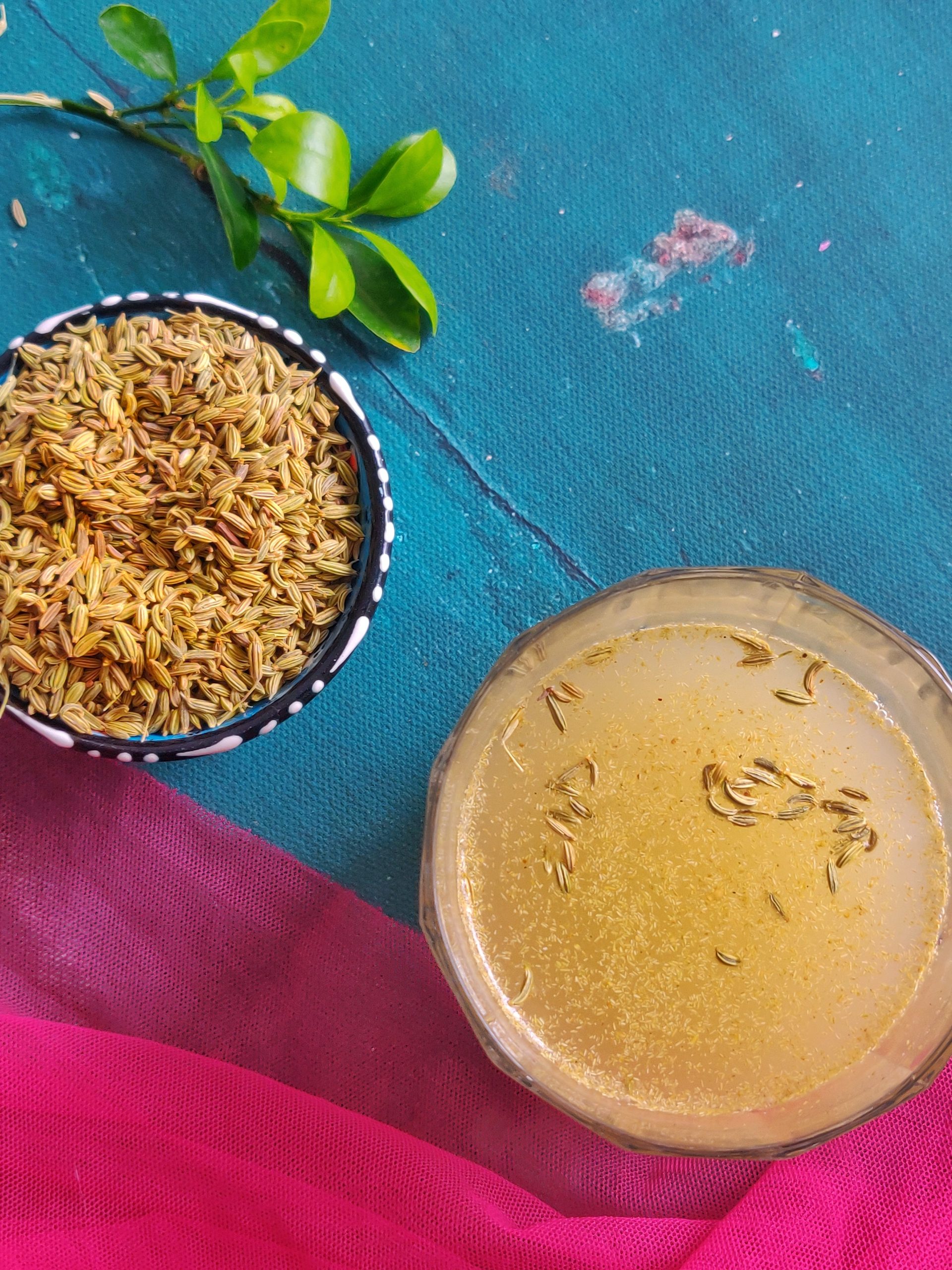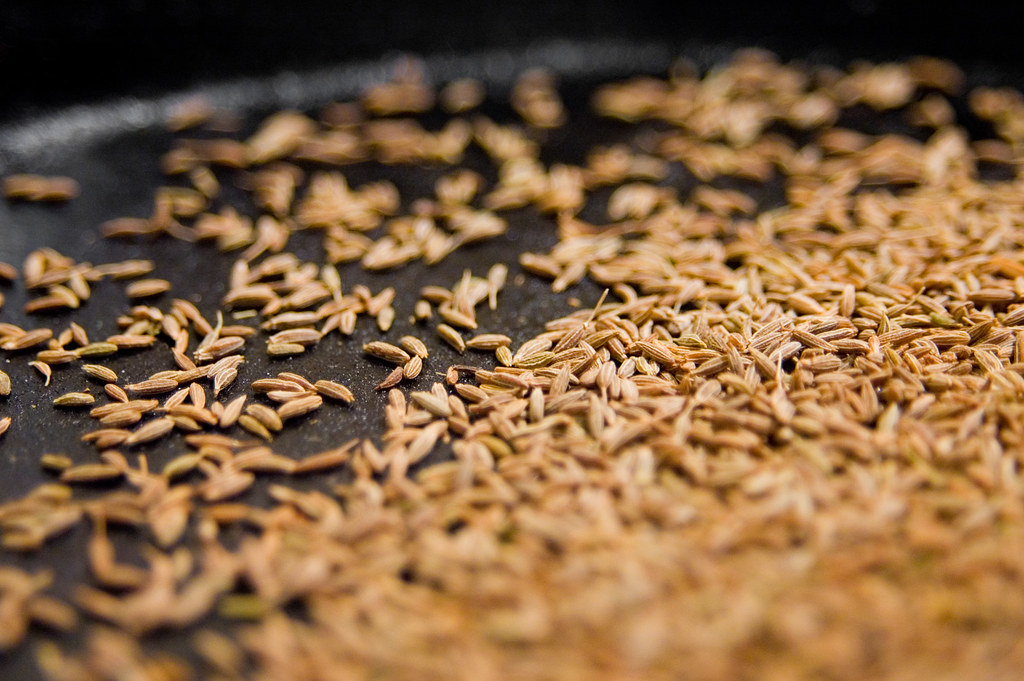
The liver, often referred to as the body’s natural filter, plays a pivotal role in detoxifying everything we consume. When alcohol is introduced, it becomes the liver’s priority, but this comes at a cost. Excessive alcohol produces toxins, notably acetaldehyde, which can inflict damage, leading to conditions like fatty liver disease and cirrhosis. But how exactly does one detox the liver from alcohol? Let’s delve deeper.
The Science Behind Liver Detox
Our liver is a biochemical lab, tirelessly working to process and neutralize toxins. Here’s a closer look:
- Processing Toxins: The liver converts harmful substances, especially alcohol, into harmless byproducts which are then eliminated from the body.
- Signs of a Strained Liver: Fatigue, yellowing of the skin (jaundice), abdominal pain, and unexplained weight loss can indicate a liver in distress.
- Benefits of Detox: Regular detoxification supports liver function, improves energy levels, and promotes overall well-being.
Nature’s Best Remedies: Detox Drinks for Liver Health
Supporting the liver, especially after alcohol consumption, is crucial. Nature offers a plethora of ingredients that can aid in this process:
- Morning Elixir: Kickstart your day with a blend of water, lemon juice, apple cider vinegar, turmeric, and honey. This drink not only flushes out toxins but also balances pH levels, promoting healthy detoxification.
- Green Power Smoothie: A nutrient-dense concoction of spinach, green apple, cucumber, lemon juice, chia seeds, and coconut water. This smoothie is not just a liver-support drink; it’s a powerhouse of antioxidants and essential nutrients.
- Soothing Herbal Blend: Experience the calming effects of dandelion root and milk thistle seeds. These herbs have been traditionally used as liver support tea, stimulating bile production and aiding in toxin elimination.
- Root Recovery Juice: Beetroot and carrots take center stage in this juice, acting as natural liver cleansers. The addition of lemon and ginger amplifies its detoxifying effects.
Detox Drinks: Beyond Smoothies
While smoothies are a popular choice for many seeking a liver detox, there’s a vast array of other beverages that can be just as effective, if not more so, in supporting liver health. These drinks not only aid in flushing out toxins but also provide essential nutrients that promote liver function.
Hydration’s Role in Liver Health Water is the cornerstone of any detox regimen. The liver requires ample hydration to process toxins and function optimally. Drinking adequate water aids in flushing out toxins from the liver and kidneys. Adding a slice of lemon or cucumber can enhance the detoxifying effects and provide a refreshing taste.
Apple Cider Vinegar Liver Tonic Apple cider vinegar (ACV) is hailed for its myriad health benefits, including supporting liver detoxification.
- Ingredients: 1-2 tablespoons of raw, unfiltered ACV, 1 glass of filtered water, a squeeze of fresh lemon juice, and optional raw honey for sweetness.
- Directions: Mix the ACV with water, add lemon juice and honey, stir well, and consume on an empty stomach in the morning.
Green Tea & Lemon Liver Cleanser Green tea is packed with antioxidants, particularly catechins, which improve liver function.
- Ingredients: 1 cup of brewed green tea and juice of half a lemon.
- Directions: Brew the green tea, let it cool slightly, add the lemon juice, and enjoy.
Turmeric Liver Flush Drink Turmeric is renowned for its anti-inflammatory and antioxidant properties.
- Ingredients: 1 glass of warm water, 1 teaspoon of turmeric powder or freshly grated turmeric root, a pinch of black pepper, and optional raw honey or maple syrup for sweetness.
- Directions: Mix the turmeric and black pepper with warm water, add sweetener if desired, and drink daily.
Herbal Infusions for Liver Support Herbs like dandelion root, milk thistle, and chicory root support liver health. Brewing a tea with these herbs can stimulate bile production.
- Directions: Steep your chosen herb in boiling water for 5-10 minutes, strain, and enjoy.
Incorporating these detox drinks into your routine can provide a holistic approach to liver health, ensuring this vital organ remains in peak condition. Remember, while these drinks offer numerous benefits, it’s essential to consult with a healthcare professional before making significant changes to your diet or health regimen.
Herbal Teas: Nature’s Liver Support
Herbal teas have been cherished for centuries, not just for their soothing properties, but also for their potent health benefits, especially when it comes to liver support. These teas are derived from a variety of plants, each offering unique compounds that aid in detoxification and overall liver health.
Dandelion Root Tea: Often considered a pesky weed, dandelion is a powerhouse when it comes to liver health. The root, in particular, has been used traditionally to stimulate bile production, aiding in digestion and the elimination of toxins. It also possesses diuretic properties, helping to flush out excess toxins through increased urine production.
Milk Thistle Tea: Milk thistle, known scientifically as Silybum marianum, is perhaps the most renowned herb for liver health. Its active compound, silymarin, has antioxidant and anti-inflammatory properties that protect liver cells from toxins and promote their repair.
Chicory Root Tea: A common coffee substitute, chicory root also offers benefits for the liver. It’s believed to increase bile production, which aids in both digestion and detoxification. Additionally, it contains inulin, a prebiotic that supports gut health, further aiding detox processes.
Ginger Tea: Beyond its warming and digestive properties, ginger offers benefits for the liver. Its antioxidant compounds help combat oxidative stress, a key factor in liver disease. It also has anti-inflammatory effects that can help reduce liver inflammation.
Turmeric Tea: A close relative of ginger, turmeric contains curcumin, a compound with strong anti-inflammatory and antioxidant properties. It can help protect the liver from damage and support its detoxification functions.
Peppermint Tea: While peppermint is often associated with soothing the stomach, it also aids in bile flow, helping to break down fats and reduce bad cholesterol, which can be beneficial for liver health.
Directions for Brewing: To extract the maximum benefits from these herbs, it’s essential to brew them correctly. Generally, steeping the herbs in boiling water for 5-10 minutes is recommended. However, always refer to specific brewing instructions for each herb. You can enhance the flavor with a slice of lemon or a touch of honey.
Incorporating these herbal teas into your daily routine can offer a gentle and natural way to support your liver’s health and function. As always, before introducing any new herb or remedy into your regimen, it’s wise to consult with a healthcare professional, especially if you’re on medications or have existing health conditions.
Beyond Drinks: Comprehensive Detox Strategies
While detox drinks play a pivotal role in liver health, achieving a fully detoxified and healthy liver requires a more holistic approach. The liver, being one of the most resilient organs, can regenerate and repair itself, but it needs support from various avenues. Here’s a comprehensive guide to strategies that go beyond just drinks:
1. Dietary Choices for Liver Health The foods we consume can either aid or hinder liver function. Incorporating liver-friendly foods can make a significant difference:
- Cruciferous Vegetables: Broccoli, cauliflower, and Brussels sprouts help increase the production of enzymes that aid in detoxification.
- Berries and Nuts: Rich in antioxidants, they help protect the liver from damage. Walnuts, in particular, are high in amino acid arginine, which helps the liver detoxify ammonia.
- Fatty Fish: Rich in omega-3 fatty acids, consuming fish like salmon, mackerel, and sardines can help reduce inflammation and prevent liver disease.
2. Physical Activity and Liver Health Regular exercise isn’t just good for the heart and muscles; it’s crucial for liver health. Engaging in physical activity helps:
- Burn Triglycerides: This reduces liver fat, lowering the risk of fatty liver disease.
- Enhance Antioxidant Defenses: Exercise stimulates the production of antioxidants in the body, which protect the liver from damage.
- Boost Liver Enzyme Levels: This aids in the detoxification process.
3. Adequate Rest and Sleep Sleep is when the body goes into repair mode. Ensuring 7-9 hours of uninterrupted sleep allows the liver to:
- Process Toxins: The body detoxifies and repairs during deep sleep.
- Regenerate Liver Cells: Sleep supports the liver’s natural ability to heal and regenerate.
4. Stress Management Chronic stress wreaks havoc on the body, including the liver. Elevated stress levels can lead to:
- Inflammation: Stress triggers inflammatory responses that can harm the liver.
- Imbalance in Gut Bacteria: This can lead to liver disease. Techniques like meditation, deep breathing exercises, and yoga can help manage and reduce stress.
5. Limiting Alcohol and Toxins While this might seem obvious, it’s worth emphasizing. Excessive alcohol and exposure to toxins can strain the liver. It’s essential to:
- Limit Alcohol Intake: If consumed, do so in moderation.
- Avoid Over-the-counter Painkillers: Chronic use can harm the liver. Always follow recommended doses and consult a physician if unsure.
- Limit Exposure to Toxins: This includes harmful chemicals in cleaning products, cosmetics, and the environment. Opt for natural alternatives when possible.
Incorporating these comprehensive detox strategies into your daily routine can ensure your liver remains in optimal health. It’s a combination of what you consume, how you move, rest, and manage stress that determines the overall health of this vital organ. Always consult with a healthcare professional before making significant changes to your health regimen.
Frequently Asked Questions
What foods are best for liver detoxification?
Several foods are known to support liver health and detoxification. These include cruciferous vegetables like broccoli and cauliflower, antioxidant-rich berries, nuts, especially walnuts, and fatty fish such as salmon and mackerel. Incorporating these into your diet can significantly boost liver function.
How does exercise benefit the liver?
Exercise plays a multifaceted role in liver health. It helps burn triglycerides, reducing liver fat and lowering the risk of fatty liver disease. Physical activity also stimulates the production of antioxidants in the body, protecting the liver from damage, and boosts liver enzyme levels, aiding in detoxification.
Why is sleep crucial for liver health?
Sleep is the body’s natural repair mechanism. During deep sleep phases, the body detoxifies, and the liver processes toxins. Additionally, sleep supports the liver’s natural ability to heal and regenerate, making it essential for optimal liver function.
Can stress impact liver health?
Absolutely. Chronic stress can trigger inflammatory responses in the body, which can harm the liver. Additionally, prolonged stress can lead to an imbalance in gut bacteria, further increasing the risk of liver disease. Managing stress through techniques like meditation and yoga can be beneficial.
How does alcohol consumption affect the liver?
Alcohol, when consumed excessively, produces toxins in the liver, notably acetaldehyde, which can cause significant damage. Over time, this can lead to conditions like fatty liver disease, hepatitis, and cirrhosis. It’s essential to limit alcohol intake and, if consumed, to do so in moderation.
Are herbal teas effective for liver detox?
Herbal teas, especially those made from dandelion root, milk thistle, and chicory root, have been traditionally used to support liver health. They can stimulate bile production, aiding in digestion and the elimination of toxins. However, it’s always a good idea to consult with a healthcare professional before introducing new herbs into your regimen.
What are the signs that my liver might need detoxification?
Some common signs indicating a liver in need of detox include fatigue, yellowing of the skin (jaundice), abdominal pain, unexplained weight loss, and persistent nausea. If you notice any of these symptoms, it’s crucial to seek medical attention.
What role do detox drinks play in liver health?
Detox drinks, ranging from herbal teas to specialized smoothies, are designed to support the liver in its detoxification process. They often contain ingredients that promote bile production, stimulate liver enzymes, and provide antioxidants, all of which aid in flushing out toxins and supporting overall liver function.
How can apple cider vinegar benefit the liver?
Apple cider vinegar is believed to help in the detoxification process of the liver. Its acidic nature can help balance pH levels in the body, promote digestion, and aid in the removal of toxins from the liver. Consuming a diluted mixture of apple cider vinegar and water can be a beneficial addition to a liver detox regimen.
Are there specific smoothies that can support liver health?
Yes, certain smoothies, when made with liver-friendly ingredients, can be particularly beneficial. Ingredients like turmeric, beets, and leafy greens are known to support liver detoxification. Combining these with other nutrient-rich ingredients can create a powerful detox smoothie. For instance, a “Fatty Liver Fighter Smoothie” might include beets, spinach, turmeric, and a touch of lemon.
How does turmeric aid in liver detoxification?
Turmeric contains an active compound called curcumin, known for its anti-inflammatory and antioxidant properties. It can help protect the liver from damage, support its detoxification functions, and even promote the regeneration of liver cells. Incorporating turmeric into drinks, smoothies, or meals can be beneficial for liver health.
Why is hydration essential for liver detox?
Hydration plays a crucial role in liver health. The liver processes and filters blood, and adequate hydration ensures that the blood is less viscous, making the filtration process easier. Furthermore, drinking enough water aids in flushing out toxins from the liver and kidneys, ensuring smoother liver function and overall detoxification.
Safety & Precautions: Navigating the Detox Journey
While natural liver cleanses drinks and strategies are beneficial, it’s essential to recognize when professional intervention is needed. If you notice symptoms like jaundice, severe fatigue, or persistent nausea, it’s crucial to seek medical attention. Remember, cleansing your liver from alcohol is a journey, not a destination.
Embracing a Liver-Friendly Lifestyle: A Lifelong Commitment
Detoxing your liver from alcohol is just the beginning. Embracing a liver-friendly lifestyle means making informed choices daily. Whether it’s opting for a liver cleanse tea, engaging in regular exercise, or choosing liver-friendly foods, every decision counts.
Blog Tags: Liver Health, Alcohol Recovery, Detox Drinks, Holistic Wellness, Nutrition, Exercise, Sleep, Herbal Remedies, Liver-Friendly Foods, Alcohol Detoxification, Liver Cleanse Tea, Liver Support Drink, Daily Liver Cleanse, Teas for Liver Health, Natural Liver Cleansers












